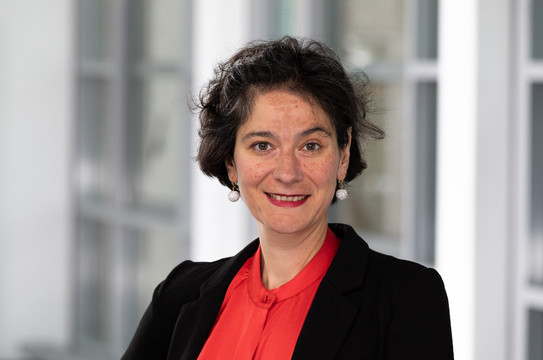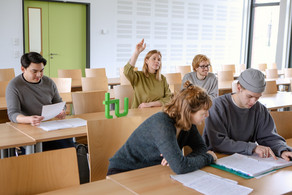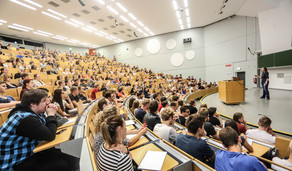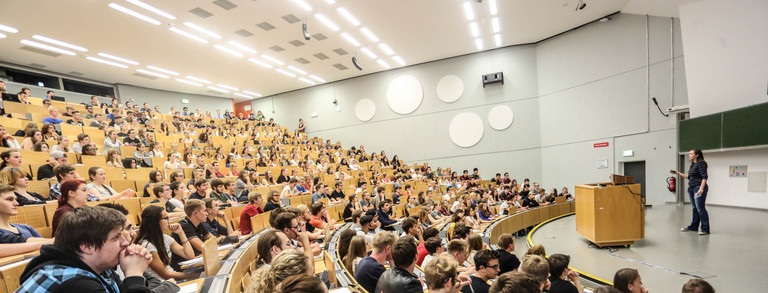Artificial Intelligence in Occupational Safety and Health
- Lamarr

Abstract: In today's dynamic work landscape, the integration of artificial intelligence (AI) raises numerous questions, presenting both opportunities and risks, especially concerning occupational safety and health. These concerns resonate across a vast spectrum of businesses and their employees.
Against this backdrop, I am privileged to share insights gleaned from my extensive research journey in the domain of mental workload detection, achieved through the fusion of electroencephalography (EEG) and machine learning techniques.
Over the span of a decade, my colleagues and I have immersed ourselves in unraveling the intricate relationship between cognitive demands and the human brain's activity. Our primary objective has been to forge robust methodologies for the neuroscientific assessment of mental workload. Central to this endeavor is the exploration of EEG artifact elimination techniques driven by machine learning algorithms. Additionally, our focus extends to the development and validation of the dual-frequency head-map method for registering neuronal workload, initially in controlled laboratory settings featuring fundamental cognitive tasks, and subsequently, its validation in real-world scenarios.
A noteworthy application of our research pertains to the management of aircraft arrivals, a complex and demanding task where precise cognitive workload assessment is paramount. Through meticulous simulation of air traffic control environments, we have endeavored to replicate authentic conditions, allowing us to discern varying levels of task load and validate our methodologies effectively.
Furthermore, I am thrilled to offer a glimpse into our ongoing EEG projects and introduce the establishment of the "Artificial Intelligence in Work Systems" unit. Within this unit, our team, comprising esteemed members, embarks on a multidisciplinary exploration of AI's role in shaping contemporary work systems, while delving into diverse research interests.
I invite you to join me on this captivating journey, as we navigate the intricate terrain of mental workload detection and harness the transformative potential of artificial intelligence in optimizing work environments.
PD Dr. Thea Radüntz
Bio: Thea Radüntz studied computer science with a minor in psychology. The emphasis of her education was on biosignal processing and pattern recognition. She holds a post-doctoral (Habilitation), a Dr. rer. nat., and a diploma degree from the Humboldt-Universität zu Berlin.
During her studies she worked as a research assistant at the Centre for Human-Machine Systems (ZMMS) on a project financed by Volkswagen and focussed on biosignal processing for driver-fatigue detection.
Following an enriching time employed at the European Commission in Luxembourg, she came back to Berlin to work for an IT-consulting company, where she served as project-management assistant on a contract with the Bundesdruckerei (Government Printing Office).
After working at the Berlin University of Technology on 3D-TOF face recognition by means of machine-learning algorithms and the implementation of image-processing algorithms on FPGA, she returned to the research field of biosignal processing and neurophysiological research.
From 2011 to 2023 she worked in that field at the department of Mental Health and Cognitive Capacity of the Federal Institute for Occupational Safety and Health in Berlin and was responsible for the neurophysiological laboratory. Since 2024 she has been working as head of the department of artificial intelligence in work systems.






